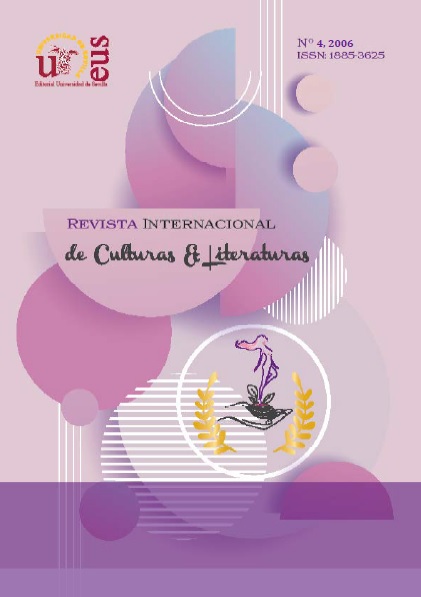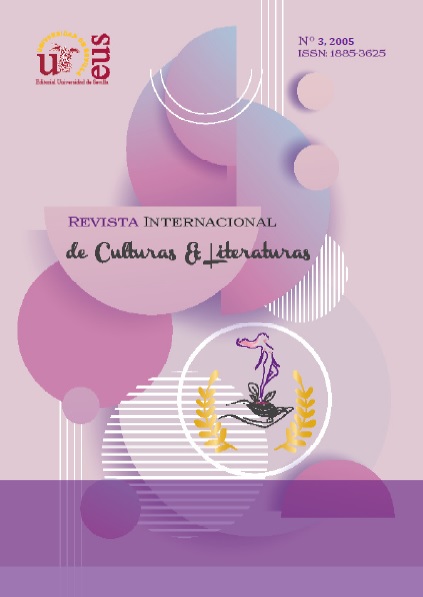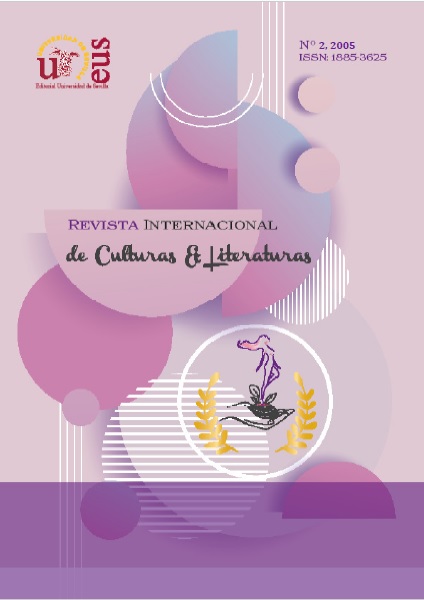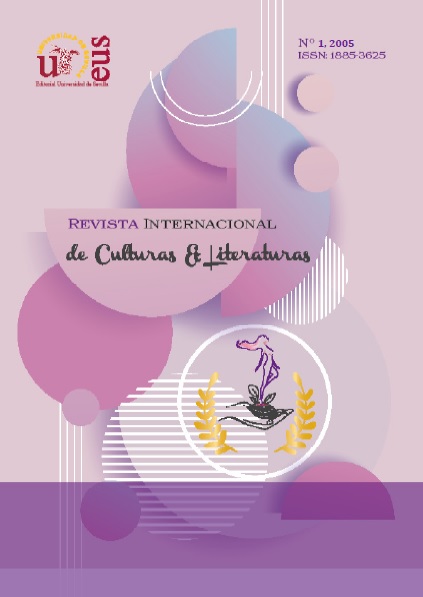Archives - Page 2
-

Estudios culturales y de género. Puentes entre Sudamérica y Europa
No. 4 (2006)This monographic issue aims to bring together different South American and European university interventions on cultural and gender studies. Cultural studies existed as a discipline at least since the mid-1960s in England, and in the 1980s it became part of literary criticism. Some of the issues that arose in this interrelation could not be addressed without the perspective of gender studies, such as the relationship between literature and the symbolic dimension of the social world, the specific qualities of literary discourse, and the dialogue between literary texts and social texts.
-

Monográfico en italiano: Mujeres y ciencia
No. 3 (2005)This special monographic issue has been the result of collaboration with the Department of History of Science at the University of Bari, Italy. The contributions with which different women in Europe have contributed to science are reviewed, from chemistry to virology, through gynecology and other sciences in a period that spans from the Middle Ages to the French Revolution. Making these figures visible is essential to create a new History of science that is not biased by gender stereotypes that make women's contributions and their scientific profiles invisible, thus preventing the identification of young women with these types of icons.
-

Estudios de Género: Sujetos políticos y literarios
No. 2 (2005)Literature not only represents the cultural identity of the community where it emerges as institutionally accepted and legitimized artistic writing as such, but it also produces identity. Much of feminist literary criticism points to the impossibility of separating the imagination of the self from its social placement. Discrimination against women occurs individually and collectively, deliberately and unconsciously, as it is woven into customs and tradition. Women face situations that do not prevent them from participating fully in the societies where they live. This issue investigates the relationships between literary subjects (female characters and authors) and their political implications that often manifested themselves in activism in social-cultural movements and, other times, in the struggle or claim for personal freedom or rights.
-

Desde el Sur
No. 1 (2005)The volume aims to collect different articles that share the perspective of peripheral literatures. The south becomes an emblem of non-canonical literature, of the gender perspective, which favors the exercise of a critical and questioning reading of reality to analyze and transform the situation of people. It is thus about creating new constructions of meaning for men and women to visualize their masculinity and their femininity through non-hierarchical or discriminatory links.
